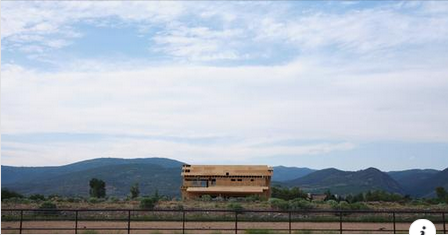
The New York Times, July 20, 2021. For whatever reasons, prevailing western economic models – and those who adhere to them – conveniently ignore the finite supply of natural resources. By omitting this constraint, they treat supplies of clean air, water, food, minerals, timber, etc., as being unlimited, and generate endless business-as-usual rationales – right up to the point where they hit the reality wall: when there isn’t any water, trees, or farmland left. The amazing element in this story is that Oakley, Utah, acknowledged their real underlying problem (expanding their population beyond the area’s limited supply of water) and then put the brakes on growth. If you’ve been listening to the local government/council going on about their strategies for increasing the local tax base, population density, commercial expansion, and other received mantras without an accompanying objective and informed discussion of natural constraints, then you may well be facing the future of Oakley, Utah, without the insight of their elected officials. [ARTICLE LINK]
I also recommend the more sustainable/affordable/progressive candidates vetted at this website: https://www.climatevotenanaimo.com/
Thank you for putting my thoughts into words. Too many on current council use the province's negligence as an excuse…
The council is responsible for the citizens well being safety food security and sheltor for ALL
As I see it every time people will tell you what they think we all want to hear,and after elected…
Dan, a case of “those who know don’t speak, and those who speak don’t know”?
I see no reason to believe that the electorate is more or less informed this cycle, but I have noticed…